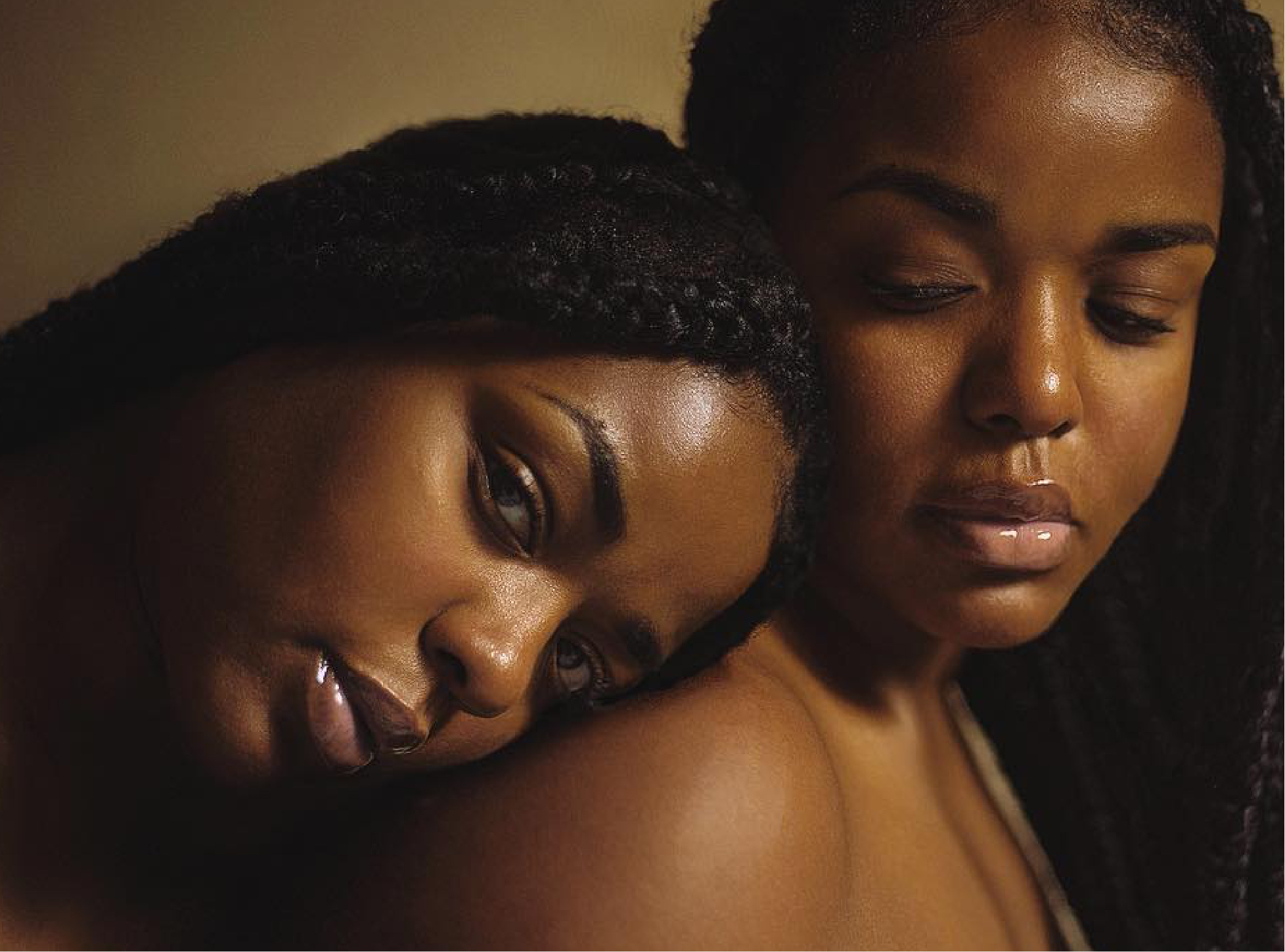
While the image of the strong black woman is not one that always brings on feelings of shame, its depiction is rigid and, let’s face it, a bit clichéd. Black women are varied and complex; holding them to this one unapproachable standard is unfair and unrealistic. The truth is that no matter how strong we are, we all need a stronger support system around us. For many women of color, that support system is a sisterhood of women that act as lifelines of understanding. While these relationships are an essential part of “real life,” healthy black female friendships on tv are still underrepresented today, but thankfully, not entirely unseen. We thought we would look at the tv shows that have embraced the diaspora of black sisterhood and their creators who have helped transform the narrative.
Our list of the classic black female friendships on your tv screens
Living Singles
Creator: Yvette Lee Bowser
Let’s take a journey back to the days of Coogi sweaters, fly girls, and Coolio; the 1990s. Here we can visit our friends Synclare (Kim Coles), Khadija (Queen Latifah), Max (Erika Alexander), and Regine (Kim Fields); special mention goes to Overton and Kyle. I’m talking, of course, about Living Singles. This show, which by the way, was the inspiration for Friends, first aired in 1993. It tells the story of six twenty-something-year-old friends living in a New York City brownstone in two adjacent apartments. Created by Yvette Lee Bowser, Living singles was initially called My Girls. It features four young black women navigating sisterhood in the big city.
Max is the highly ambitious attorney you do not want to mess with!
Synclare – Khadija’s warm and ditsy cousin and receptionist.
Regine – the ever talkative, ever superficial manhunter.
Khadija – the group’s anchor, activist, publisher, and overall boss-lady.
Bowser created Living singles because she felt a lack of strong black female voices represented on television at the time. She wanted to show audiences the complexity of the black woman by representing different parts of herself through Max, Regine, Synclare, and Khadija.
Girlfriends
Creator: Mara Brock Akil
My girlfriends, there through thick and thin. This show needs no introduction, partially because we just gave it away. Maya (Golden Brooks), Lynn (Persia White), Toni (Jill Marie Jones), and Joan Carroll Clayton (Tracee Ellis Ross); we are talking about the 2000s cult gem, Girlfriends.
Maya – the feisty mother of Jabari and author of OH HELL YES!
Lynn – The very educated, entitled grifter with an appetite for promiscuity.
Toni – The selfish, money-hungry real estate agent.
Joan – The neurotic attorney turned owner of The J Spot.
Girlfriends depict a diverse group of black women in complex and committed friendships. Now, this show is not lacking in the conflict department. Toni Childs was the genesis of most of the confrontation; at least, she was the genesis of most of Joan’s headaches.
Whether through career struggles, miscarriages, divorces, or the challenge of being the celebrated author of OH, HELL YES!, these women support each other through thick and thin. The show, created by Mara Brock Akil, addresses topics relevant to the black community, from colorism to interracial dating, to prejudice, to what it means to act black. Girlfriends allow women of color to see themselves in sophisticated, cosmopolitan, lifelong, sisterhood relationships.
Insecure
Creator: Issa Rae
Let’s fast forward to today. There are now more opportunities than ever for black voices to tell black stories; one notable voice is Issa Rae. Insecure, which is written by, and stars, Rae gets our 2010’s to present, shout out. Molly (Yvonne Orji ) and Issa’s friendship has been tried and tested. These women are supportive, patient, and non-judgmental, which, all things considered, is not an easy task. Dray! Am I right? As with any two best friends, Issa and Molly keep things all the way real. Insecure, which was spun out of Rae’s web series, “Awkward Black Girl,” indicates some of the challenges black women face today. They are usually portrayed as flawless, tough, hyper-confident, and neck rolling, which, as we know, is not always realistic.
For generations, women of color have had to present as strong to survive the challenges they face inside and outside their communities. Issa’s character gives us a, behind the scenes, look at the evolution of these women as they grapple with real-life issues. These women are allowed to be vulnerable, awkward, and unsure as they seek support when unable to find the answers themselves. Insecure further proves that there are no definitions or limitations for what blackness can be.
Black female friendships on your tv screens : updating the narrative
There has been this idea that when another black woman walks into the room, she becomes our competition; that it’s either her or me. This idea is supported by showing largely black casts in constant confrontation. This misinformation was primarily facilitated either by those outside of the community, projecting a stereotype of the black woman, or by blaxploitation films directed predominantly by white men. The result was that art was influencing life.
These three shows are examples of black women taking control over a more realistic portrayal of their lives. The black experience is not a monolith. Black women come from all corners of the earth. The representation of black sisterhood has a universal impact. In a world where we often feel like the other, sisterhood allows us to belong. There is something so special about having someone say, I understand. The sanctity of black sisterhood is not celebrated nearly enough. Yvette Lee Bowser, Mara Brock Akil, and Issa Rae offer viewers strong black leads that break from the stereotype. Others have been allowed to tell stories about black women; we celebrate these women for telling theirs.